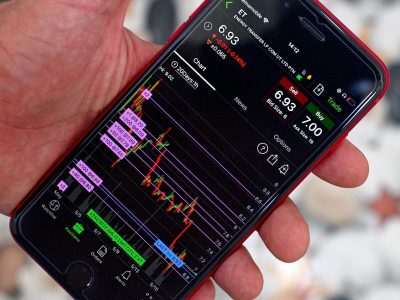
The Central Bank of the United Arab Emirates (CBUAE) has granted preliminary approval to AED Stablecoin, bringing the project a step closer to becoming the UAE’s first regulated dirham-pegged stablecoin.
This move follows the CBUAE’s Payment Token Service Regulation framework, which outlines specific licensing requirements for digital tokens.
AED Stablecoin’s in-principle approval positions it as a potential key player in the UAE’s evolving crypto market, where regulatory clarity is seen as essential to the sector’s sustainable growth.
What is AED Stablecoin’s role in the UAE’s crypto market?
AED Stablecoin’s preliminary license enables it to advance plans for issuing a regulated dirham-backed digital currency, known as AE Coin.
This approval is significant as it addresses concerns around restrictions on crypto payments, which arose following the CBUAE’s updated licensing rules.
Under these rules, only licensed dirham-pegged tokens are permitted for payments within the UAE. If fully licensed, AE Coin could serve as a local trading pair on both centralized and decentralized exchanges, allowing merchants to accept it for transactions involving goods and services.
CBUAE’s regulatory stance impacts crypto payments in the UAE
The CBUAE’s licensing framework has introduced stricter rules on crypto usage, particularly for payments.
The framework requires tokens to be pegged to the dirham and licensed, otherwise restricting their use for payments.
This shift aims to bring greater stability and oversight to the UAE’s digital currency landscape.
The approval of AED Stablecoin is viewed as a positive step toward aligning with these regulatory expectations, potentially providing a compliant digital payment solution for local users.
How could AE Coin shape the UAE’s digital finance landscape?
If fully licensed, AE Coin is expected to play a crucial role in the UAE’s digital finance ecosystem.
As a regulated stablecoin, it could facilitate smoother crypto-to-dirham transactions and offer a stable digital alternative for merchants.
This aligns with the UAE’s broader goals of advancing its digital economy while maintaining regulatory standards.
The coin’s integration into crypto exchanges and platforms could enhance the liquidity of the dirham in digital markets, thereby supporting broader adoption among both retail and institutional users.
Competing interests emerge as Tether targets the UAE market
AED Stablecoin is not the only entity eyeing the potential of a dirham-pegged digital asset.
Tether, a major player in the global stablecoin market, has partnered with local firms Phoenix Group and Green Acorn Investments to introduce its own version of a dirham-pegged stablecoin.
Source: Cointelegraph
This move indicates growing interest from international crypto companies in the UAE’s regulatory environment.
AED Stablecoin’s regulatory head start with the CBUAE approval could give it an advantage in building trust with local users.
Crypto exchanges expand as regulatory clarity attracts investments
The UAE’s regulatory clarity has been a magnet for major crypto exchanges looking to establish a foothold in the region.
Recently, OKX launched a retail and institutional trading platform in the UAE after securing a comprehensive license, including permissions for derivatives trading for qualified institutional investors.
Meanwhile, M2, another crypto exchange, has introduced a system enabling direct conversions of dirhams into Bitcoin (BTC) and Ether (ETH).
These developments underscore the UAE’s appeal as a hub for digital asset innovation amidst its clear regulatory framework.
The post The Central Bank of the UAE approves AED Stablecoin’s preliminary license appeared first on Invezz









